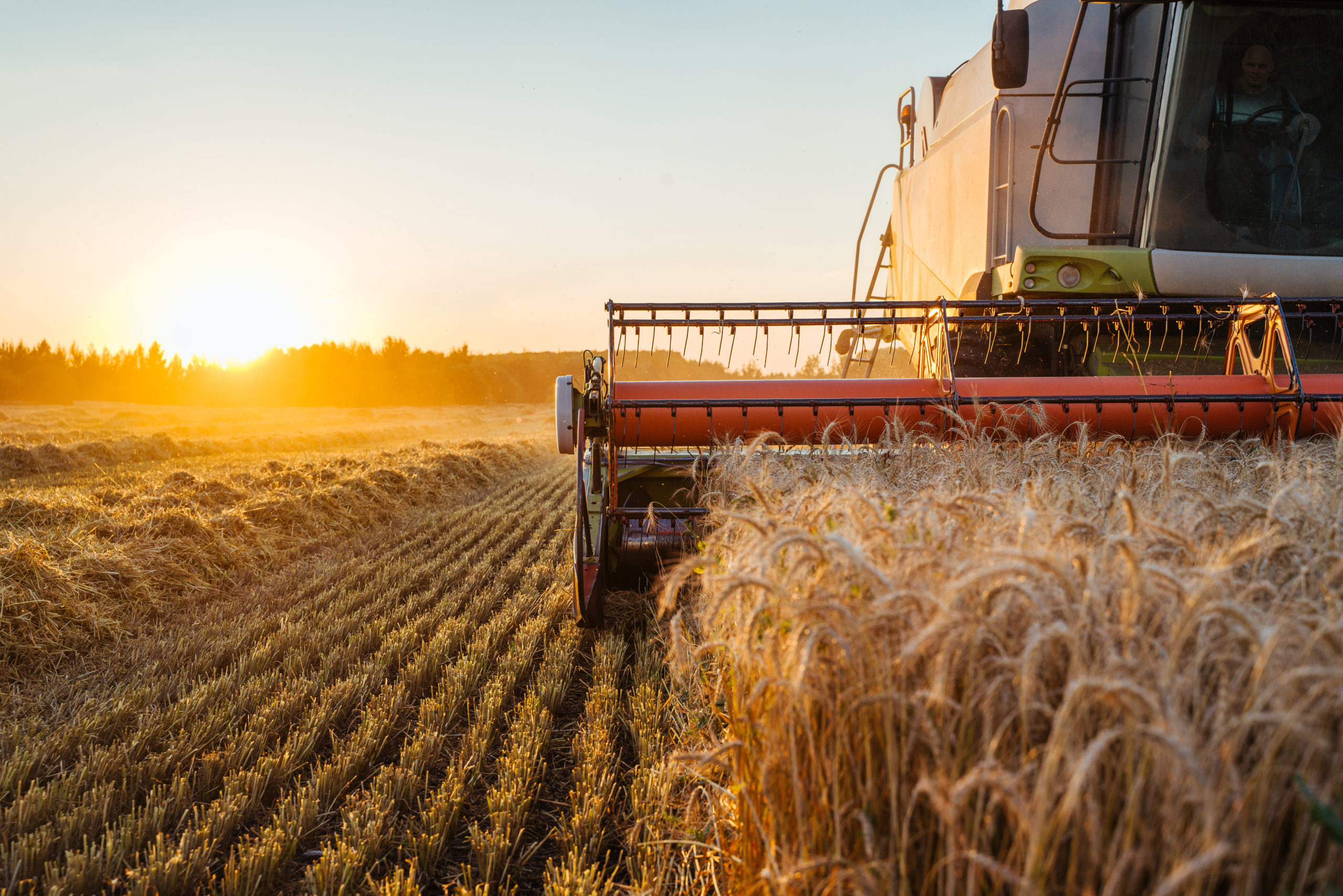New Zealand
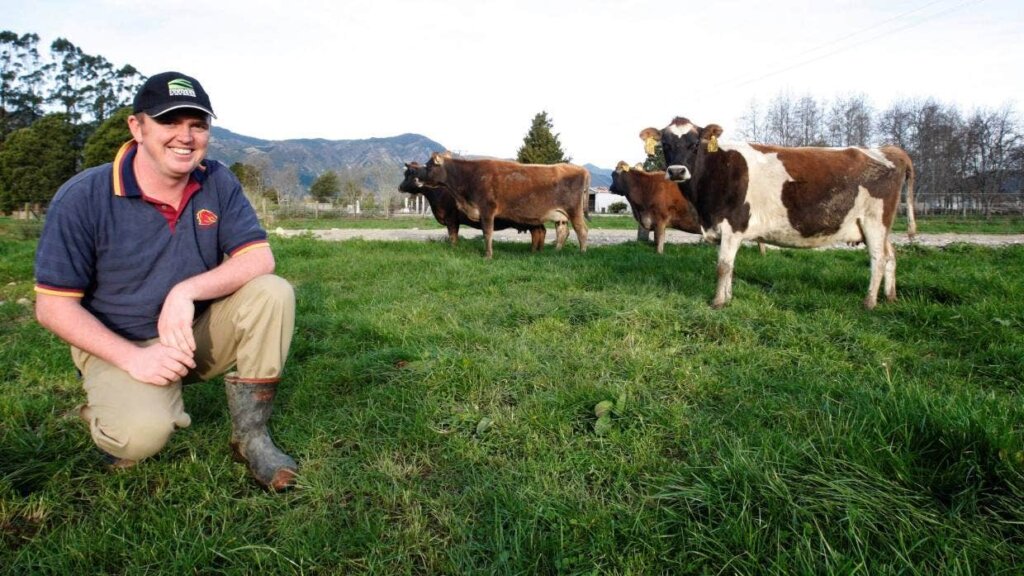
Drought and Covid-19 lockdowns could mean ‘challenging times ahead’ for farmers
Farmers should act now to prepare themselves for further Covid-19 restrictions and prolonged dry weather, Federated Farmers says.
Dairy chairman Wayne Langford said the dual threat could lead to “challenging months ahead” and farmers ought to review feed supply levels and order any urgent machinery parts now to avoid being caught short.
“There is a high chance this won’t be the last lockdown we’ll see in coming months. Nor does anyone have a working crystal ball to say when the likes of Northland and East Coast provinces will get regular rain.”
Read More here…
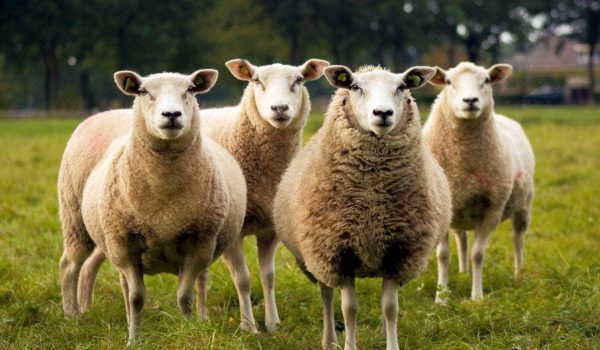
Red meat sector crucial to nation’s economy
OPINION: Every day, 35,700 people, the equivalent of the population of Gisborne, play a role in producing something in New Zealand we often take for granted.
They are people from all walks of life, those with a love of the land, those clothed in whites, engineers and scientists, and sales and marketing executives. This product’s origins and means of production are far removed from the cities many of us live and work in.
More importantly, this product is not only essential for a healthy life, but it’s at the heart of the New Zealand economy.
Read More here…

Greenpeace says nitrate study shows stricter rules needed for dairy industry
Greenpeace says urgent action needs to be taken to reduce nitrate levels in drinking water, after a new study was released highlighting the link between dairying, nitrates and bowel cancer.
The report, overseen by Victoria and Otago universities, found up to 800,000 Kiwis may be exposed to potentially harmful levels of nitrates in their drinking water, which could increase their risk of bowel cancer.
The study has implications for the dairy industry, with cow urine and nitrogen fertiliser contributing to nitrate levels.
Read more here…
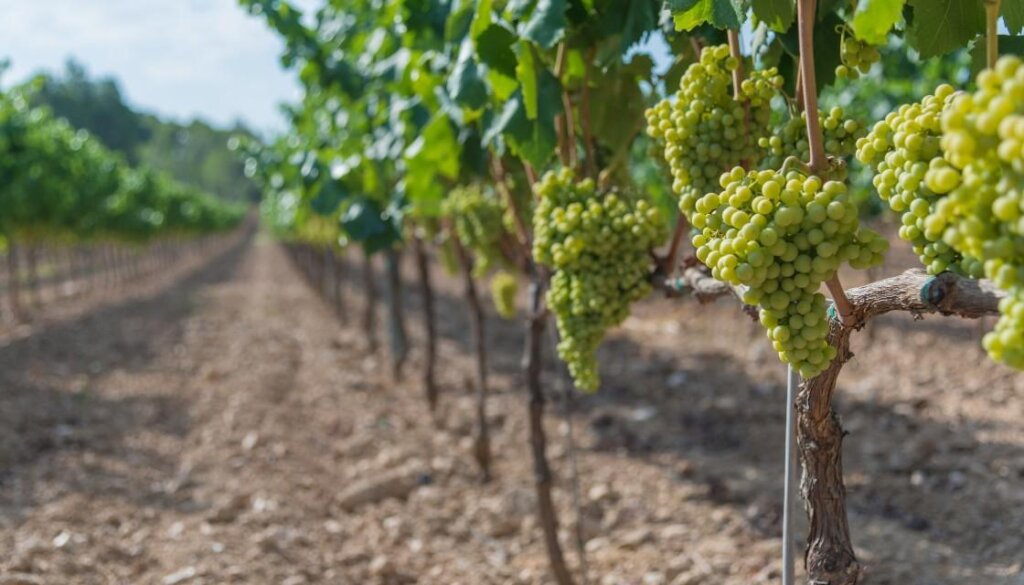
Small wineries set to suffer as COVID-19 predicted to have ‘lasting impact’ on global wine industry
The global wine industry is set for a major shake up in the coming years, with COVID-19 predicted to have a “lasting impact” on the sector.
Conditions created by the ongoing pandemic have set the stage for bigger players to benefit at the expense of smaller wineries, according to Rabobank’s latest Wine Quarterly report.
“After years of increasing fragmentation in the industry, we see a context forming that will create additional advantages for larger wineries and support industry consolidation,” Stephen Rannekleiv, US-based Rabobank Global Strategist Beverages said on Thursday.
Read More here…
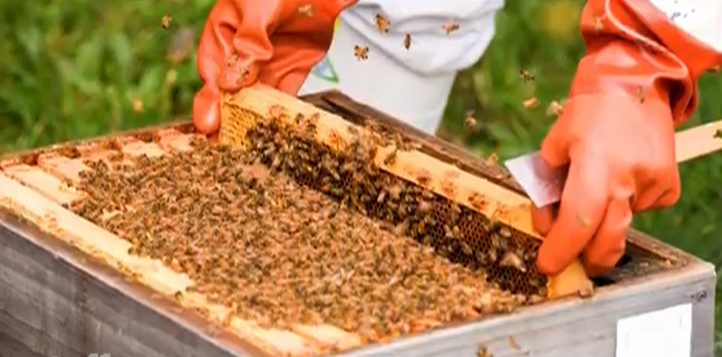
Honey exports hit $425m export sweet spot
Mānuka honey producers are reaping the rewards of skyrocketing global demand and record production, but an oversupply of other varieties has seen some prices fall.
New Zealand’s honey export volumes surged from February 2020, reaching 5700 tonnes in the six months from January to June, up 49 per cent on the same period in 2019.
In the year to June 30, honey export revenue increased by 20 per cent to $425 million.
Read More here…
Australia
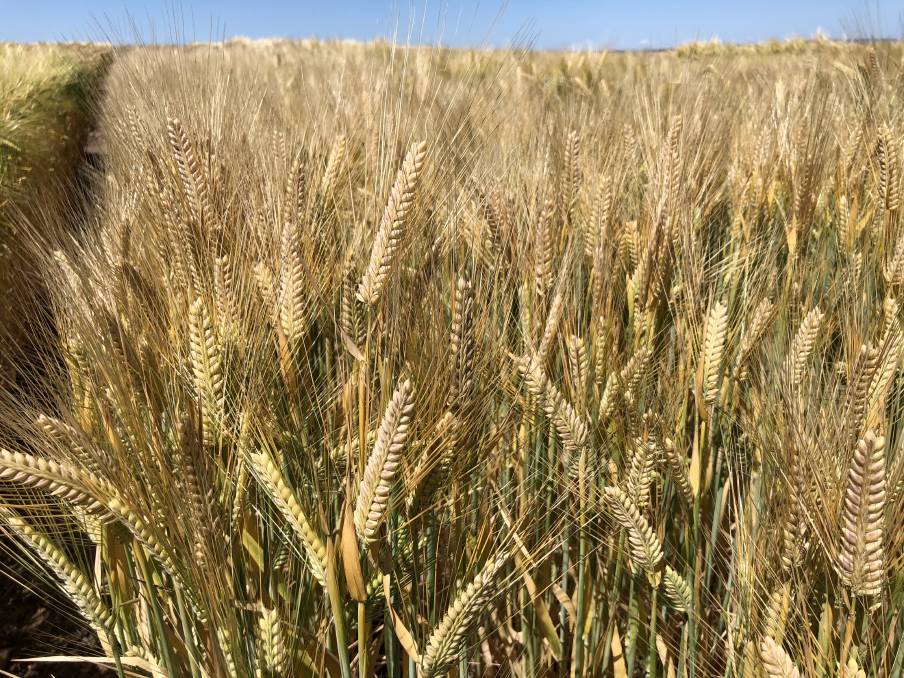
Barley varieties win malt accreditation
AUSTRALIAN farmers will have access to three more malt barley varieties this season with Barley Australia announcing accreditation for the Maximus, Alestar and Leabrook lines.
Maximus CL, Alestar and Leabrook were submitted for Barley Australia malt accreditation by InterGrain, Elders and Seednet respectively.
The two-part accreditation process is conducted in association with the Malting and Brewing Industry Barley Technical Committee (MBIBTC) assessment under the Barley Australia malting barley evaluation process.
Read more here…
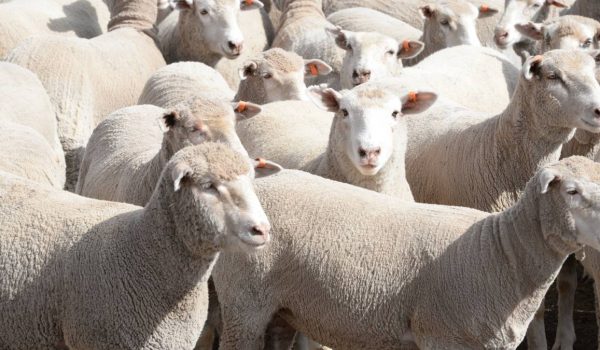
Since the start of the year the national heavy lamb indicator has tracked upwards with prices above 800 cents per kilogram.
Last Tuesday the indicator averaged 845c/kg carcase weight (cwt), up 17c/kg year-on-year, which was a reflection of yardings for the same day reporting a significant decline this year, down 47 per cent to average 12,700 head.
Heavy lamb prices in Victoria at the start of this week averaged 858c/kg and nationally, they lifted from the previous week to 851c/kg.
So are these prices for heavy lambs here to stay?
Read more here…
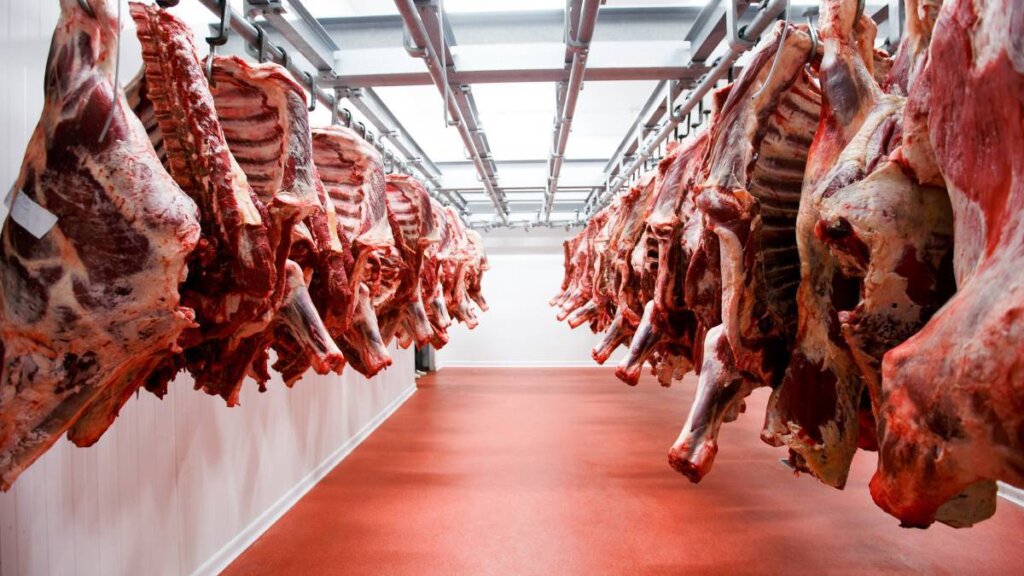
Global agribusiness giants plan to expand meat processing in Australia
Two big global companies have announced plans to expand their agricultural operations in Australia.
Brazilian meatpacker Minerva Foods has signed a partnership deal with a part-owner of its business, Saudi Arabia’s SALIC.
The pair are looking to form a joint venture “aimed at the possible acquisition of assets in Australia … focused on breeding, farming, processing and exporting sheep and cattle in that country”.
Read more here…
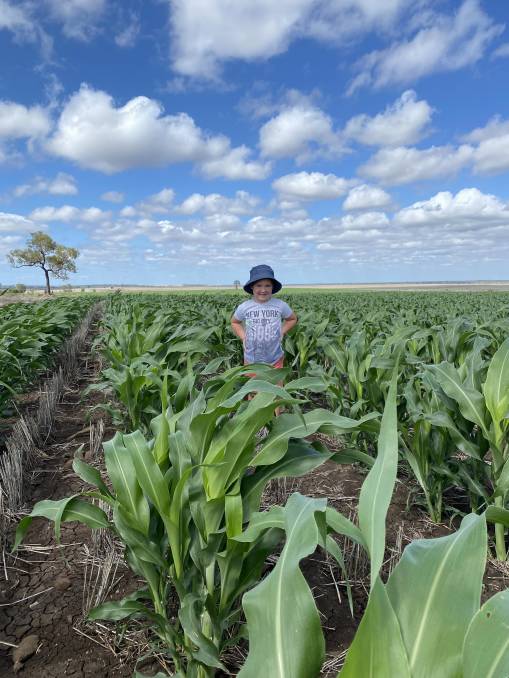
Central Highland’s sorghum crops enter crucial growth stages
The prospects for central Queensland’s sorghum crop are entering a critical period, thanks to ongoing dry conditions and limited rainfall.
While early sown sorghum crops on the back of rainfall in the Central Highlands are looking favourable, late sown crops are struggling and need rain urgently to make even average yields.
Sorghum farmer Tim Gersbach, Kurrajong, Capella, has planted over 960 hectares of mostly Pacific Seeds MR Buster and Resolute Sorghum across three farms.
“We planted on the 15th of January, after we got some rain during the Christmas holidays,” Mr Gersbach said.
“We got a brilliant strike, just off that storm rain at the start of January.
Read more here…

Time for farmers to get inside the tent on emissions says ag-tech leader
THE FOUNDER of a leading ag-tech software business has told Australian farmers they may get short-term gains from being excluded from any carbon emissions schemes but longer term it would work against them.
John Fargher, Agriwebb, said an exclusion from any emissions target scheme may be beneficial for growers at first, but it would soon become problematic.
“As a country and as an industry we need to be moving towards net zero, and we all need to be doing our piece, the short term wins from being exempt from any scheme will not be worth it,” Mr Fargher said.
Read more here…
South America
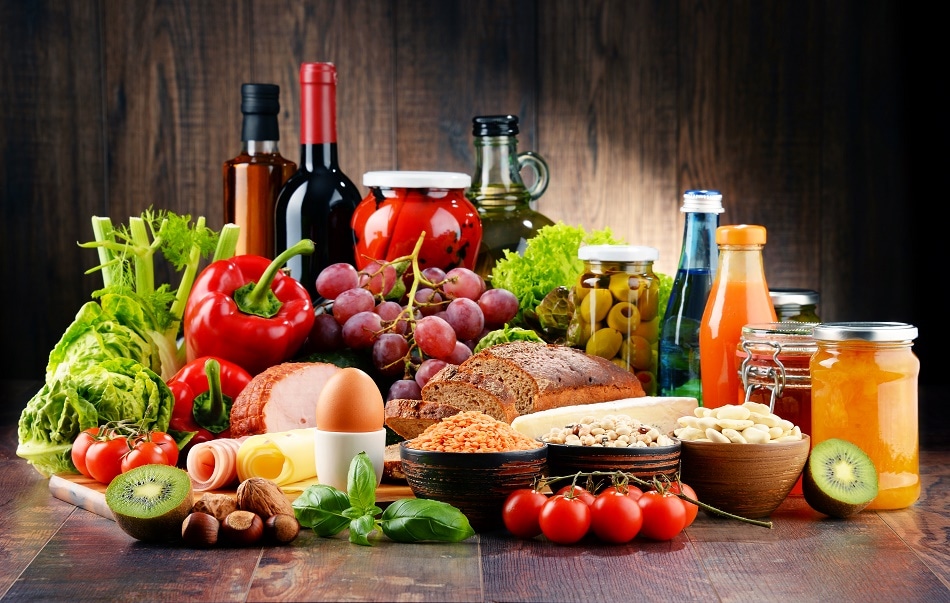
UAE- Brazil at Gulfood 2021 with 42 Companies, Reinforces Post-Pandemic Recovery
Brazil today said its pavilion at the upcoming Gulfood 2021 will have a large contingent of 42 companies showcasing the country’s best-in-class food and beverage products.
Brazilian companies will be taking part at Gulfood 2021 which opens on February 21, 2021 and will run till February 25, under the auspices of the Brazilian Trade and Investment Promotion Agency (Apex-Brasil).
Read More here…

Unusually dry February renews risk to Argentina’s soybeans and corn
FORT COLLINS, Colo. (Reuters) – After plentiful January rainfall that saved Argentine corn and soybeans from potential disaster, this month is on pace to be the country’s second-driest February in more than three decades, once again raising harvest concerns.
Bumper crops were never expected in 2021 for the No. 3 corn and soybean exporter, but last month’s rainfall had some estimates on the uptrend. Crop conditions remain stable, though forecasts suggest Argentina is nearly two weeks away from its next substantial rainfall opportunity.
Read more here
Food Updates

Cannabidiol: a legal food ingredient for 2021?
Food law expert, Dr Mark Tallon, examines the current position of cannabidiol as a food ingredient with reference to recent legislative decisions.
Representing a seismic shift in policy, the European Commission (EC) has now accepted that extracts from Cannabis Sativa L. (CS) can be considered for assessment as a food rather than constituting a narcotic.
CS is a plant with over 5,000 years of history as a food, medicine and source of fibre for textiles.1 However, its place in modern-day nutrition has been reimagined since the identification of Cannabidiol (CBD), just one of over 600 biologically active metabolites that can effectively treat epileptic conditions.
Read more here…

Majority of consumers unaware of ultra-processed foods, says survey
The survey conducted by the BNF claims there is a lack of understanding among consumers of what an ultra-processed food actually is.
The term ‘ultra-processed foods’ is increasingly used in research on diet and health, with headlines suggesting consuming these foods leads to increased risk of disease. Yet a new survey from the British Nutrition Foundation (BNF) has revealed that people find it difficult to distinguish between foods classed as ultra-processed and other processed foods.
The survey, undertaken by YouGov on behalf of BNF, reveals that 70 percent of British adults had not heard of the term ‘ultra-processed food’ before taking the survey, but 36 percent state they are trying to cut back on some kind of processed foods.
Read more here…
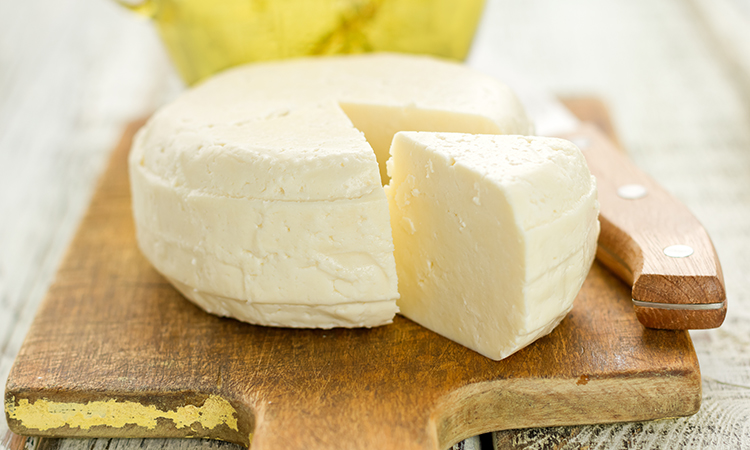
FDA investigating multistate outbreak of Listeria monocytogenes
t’s thought a soft cheese could be to blame for the outbreak, which has seen Listeria cases reported in seven states across the US.
The US Food and Drug Administration (FDA), along with the Centers for Disease Control and Prevention (CDC) and state and local partners, is investigating a multistate outbreak of Listeria monocytogenes infections potentially linked to Hispanic-style fresh and soft cheeses.
The FDA says it has initiated an investigation and is collecting information to try to determine the source of the outbreak. Although the investigation is ongoing, the CDC’s analysis of epidemiologic information indicates that Hispanic-style fresh and soft cheeses are thought to be behind the outbreak.
Read more here…
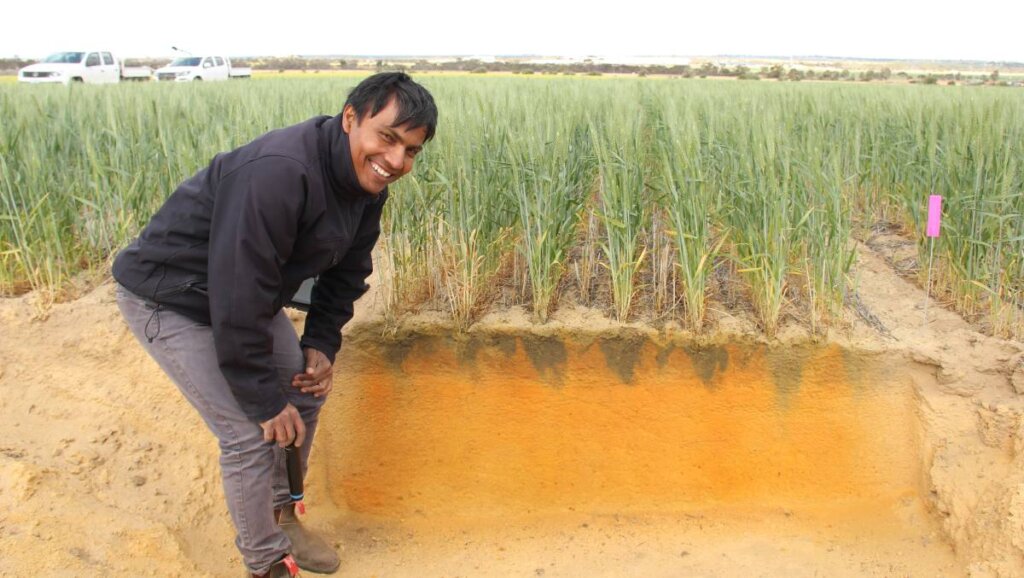
Long-term research shows lime benefits
The yield benefits from surface applications of lime can be augmented by incorporating it into the soil using strategic deep tillage – particularly on compacted acidic soils.
That is one of the key findings from 35 years of research by the Department of Primary Industries and Regional Development (DPIRD) to be discussed at the Grains Research and Development Corporation’s (GRDC) Grains Research Updates, in Perth, today and tomorrow.
Read more here…
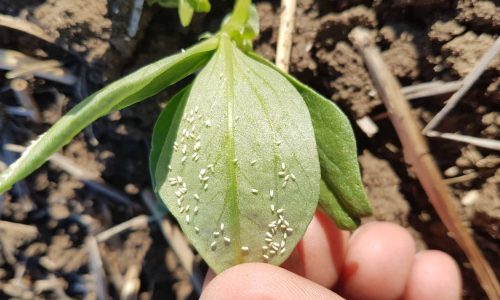
App to help minimise risk of silverleaf whitefly damage in cotton
SLW is a pest that can reduce yield and quality in cotton through feeding and the excretion of honey dew.
Cotton Info wrote in its newsletter that the Cotton PestDetect App was a digital tool being developed to assist with sampling for SLW nymphs by providing image-derived insect counts using a phone camera.
Read more here…
